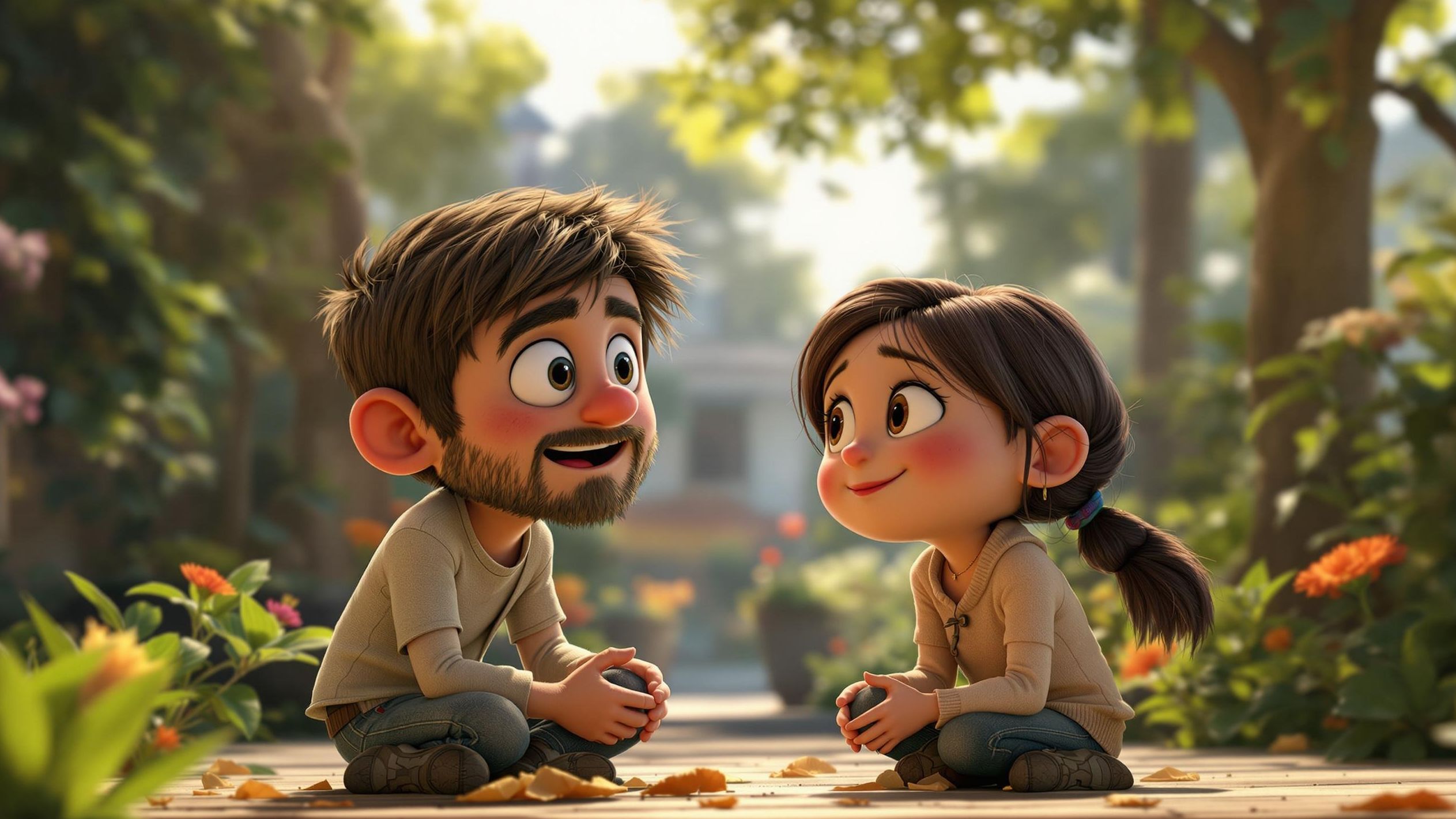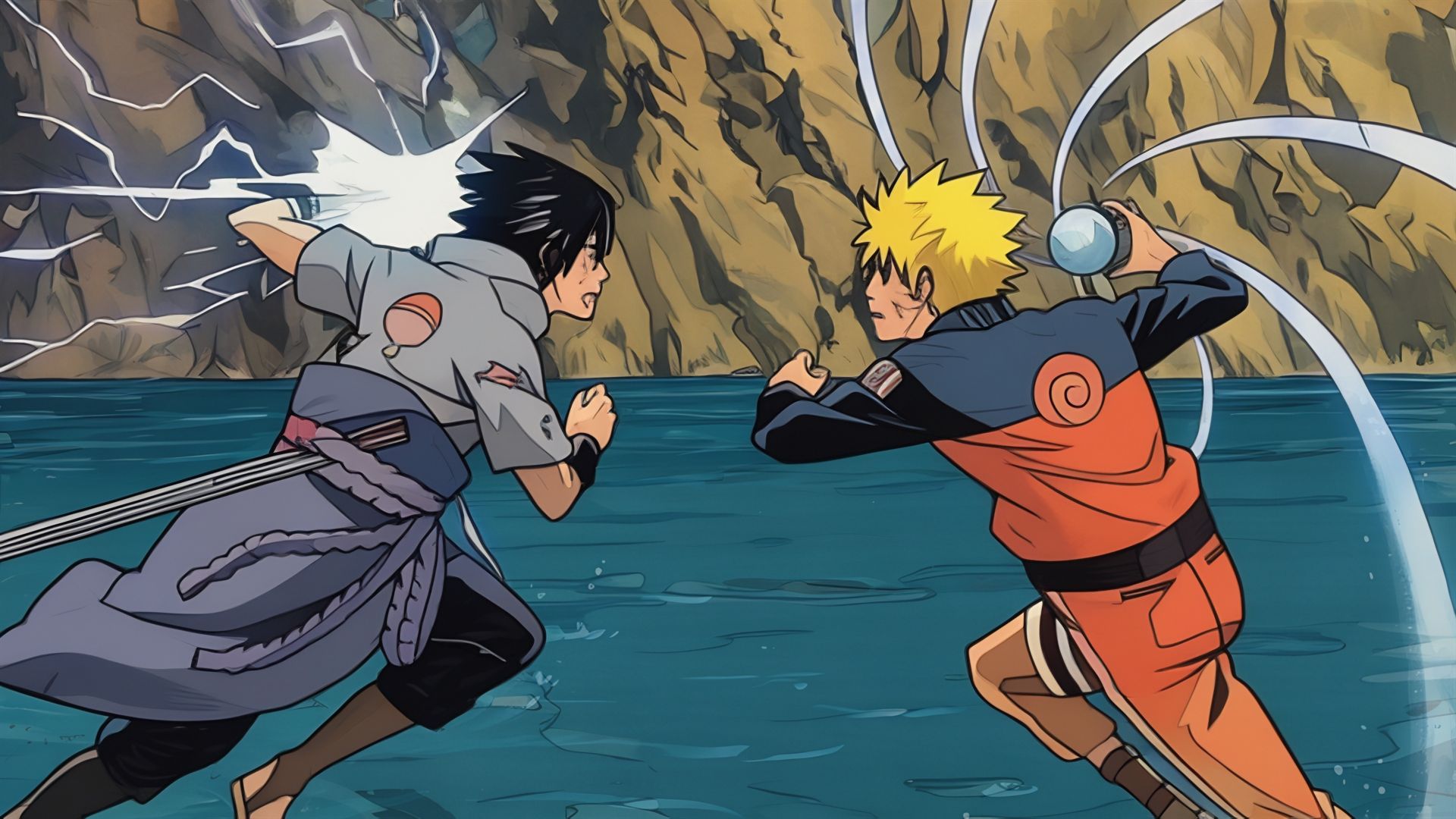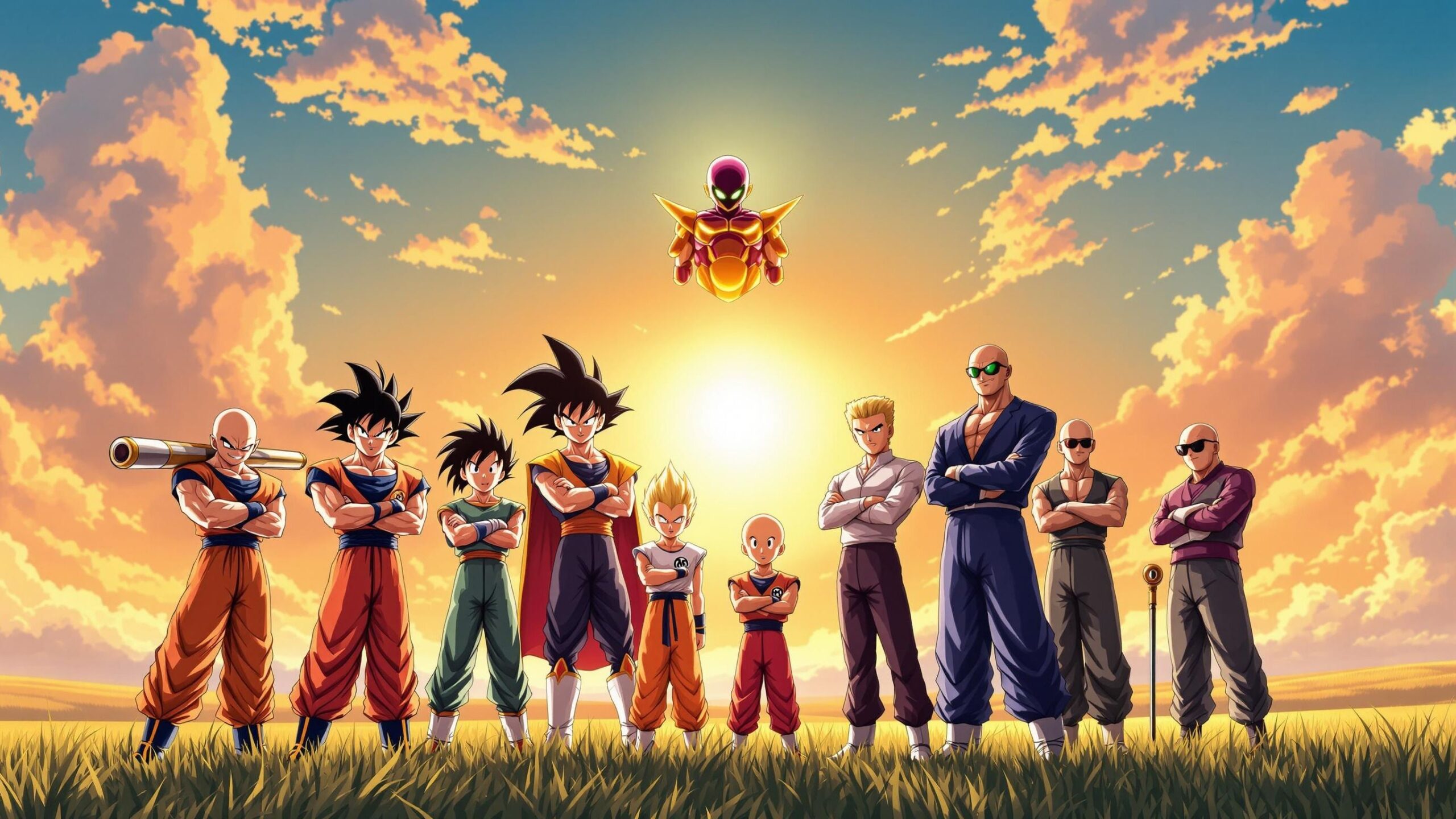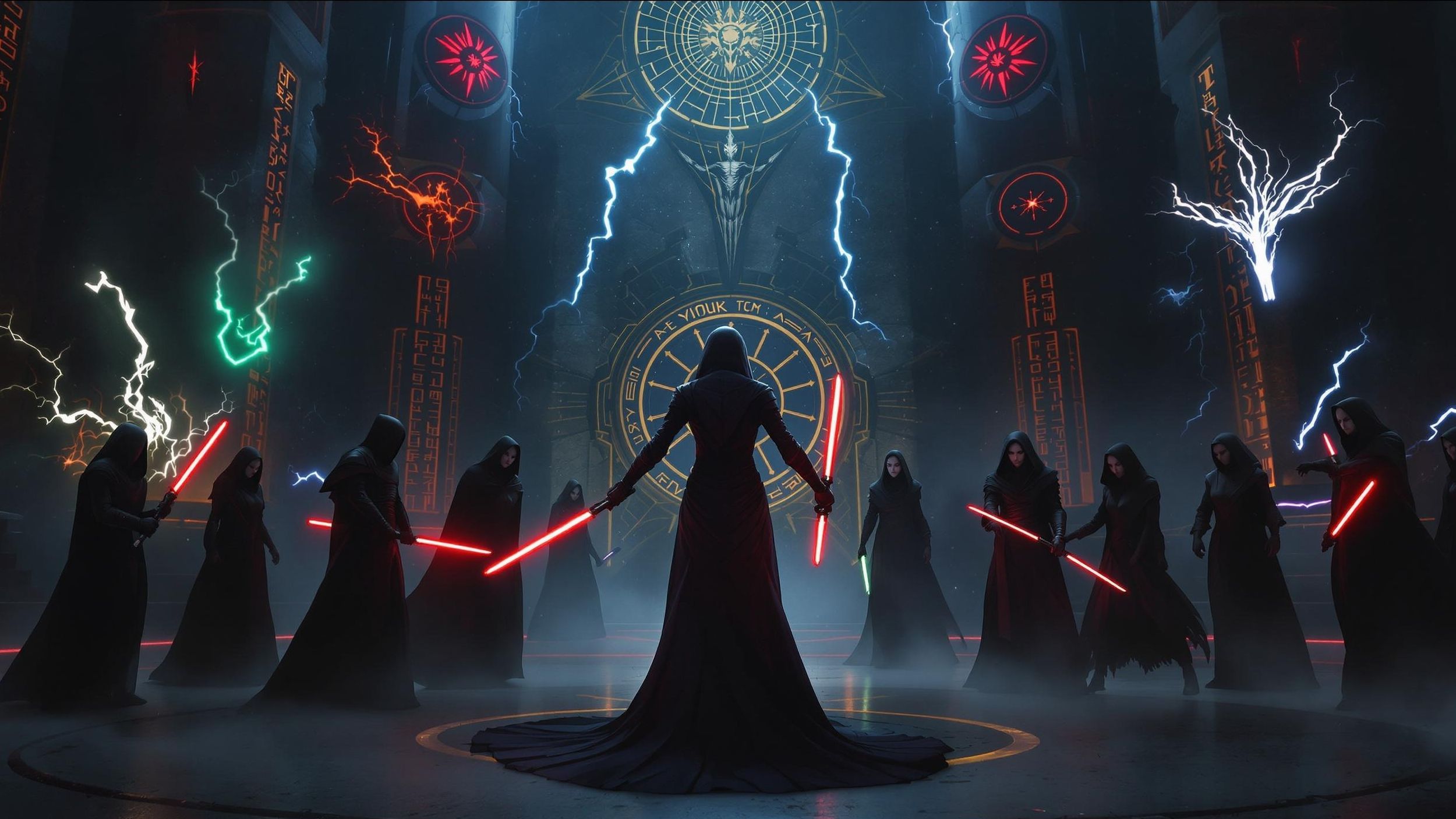When The Last of Us first released, it redefined what video game storytelling could be. At its heart was not just a brutal survival story—but a deeply human tale about loss, love, and second chances. Joel and Ellie’s relationship evolves from wary partnership to something much deeper, something like family—but not without pain. Their most emotional moments are raw, unforgettable, and often bittersweet, leaving players breathless. These aren’t just great scenes—they’re milestones in how storytelling can make us care so deeply for fictional characters. Let’s relive the ten moments that broke us, healed us, and forever etched Joel and Ellie into gaming history.
#10: Joel and Ellie’s First Real Conversation in the Safehouse
Early in the game, after escaping the chaos of Boston’s quarantine zone, Joel and Ellie share their first quiet conversation in a hidden safehouse. Until this point, Joel treats Ellie like cargo—an obligation, nothing more. But inside the dimly lit room, surrounded by cracked walls and remnants of the old world, Ellie breaks the tension. “Your watch is broken,” she says softly, noticing the cracked timepiece Joel never removes. It’s a simple observation, but it cuts deep, connecting Joel’s present to his haunted past—the daughter he lost, the time that stopped for him emotionally. Joel’s silence in response says everything. This moment is small, but it signals the beginning of a thaw. For players, it’s the first glimmer that maybe—just maybe—Joel will start to see Ellie as more than just a job. Trivia: Developers chose to focus on subtle environmental storytelling in this safehouse, with peeling wallpaper and abandoned toys hinting at lives interrupted, mirroring Joel’s own arrested emotional growth.
#9: Ellie Giving Joel the Pun Book
During their cross-country journey, Ellie finds a book of bad puns called “No Pun Intended” and insists on reading them aloud to Joel. What could have been a silly side moment instead becomes an unexpectedly touching scene. Joel’s gruff exterior cracks—just slightly—as Ellie fires off groan-worthy jokes like, “Did you hear about the restaurant on the moon? Great food, no atmosphere.” Joel initially grunts and rolls his eyes, but soon enough, a genuine chuckle escapes him. In a world where laughter is nearly extinct, this tiny moment of levity feels precious. It’s a brief reminder that even in the ruins of society, humor and human connection survive. Players often cite this moment as one of the first where Joel and Ellie’s bond feels real, not just functional. Behind the scenes, the Naughty Dog team fought to keep these optional interactions in the final game, believing that quiet character moments were just as important as the major story beats—and they were absolutely right.
#8: Ellie Running Away After the Ranch House Argument
At a pivotal moment in their journey, Joel—terrified of losing another “daughter”—tells Ellie he’s planning to leave her in the care of Tommy, his brother. Heartbroken and furious, Ellie runs away to an abandoned ranch house. When Joel finds her, the confrontation is explosive. Ellie lashes out, accusing Joel of wanting to abandon her like everyone else has. She delivers one of the most gut-wrenching lines in the entire game: “Everyone I have cared for has either died or left me. Everyone—except for you!” The raw vulnerability in her voice strips away all Joel’s defenses. It’s clear Ellie doesn’t just want Joel to protect her—she needs him to stay because he’s become family. The argument is messy, painful, and profoundly human. In early drafts of the script, Ellie’s speech was even angrier, but Ashley Johnson (Ellie’s actress) improvised parts of it to feel more desperate than resentful. It’s one of the most honest, heartbreaking moments in the game.
#7: Joel Calling Ellie “Baby Girl” After Rescuing Her
During the brutal winter chapter, Ellie is captured by the cannibalistic David and forced to fight for her life. Just when it seems all hope is lost, Joel—despite still recovering from a near-fatal wound—arrives to save her. After Ellie violently kills David, Joel finds her trembling and bloodied. He doesn’t lecture her, doesn’t question her actions—he simply wraps her in his arms and whispers, “It’s okay, baby girl. I got you.” It’s the first time Joel calls Ellie by the same affectionate name he once used for his daughter, Sarah. That single phrase breaks years of emotional barriers, signaling that Joel has finally, fully accepted Ellie as his own. Players have called this one of the most cathartic scenes in gaming, a moment where violence, love, and trauma all collide. Developers have said they almost cut the line during editing for being “too sentimental,” but wisely kept it—and it became one of the most iconic lines in Naughty Dog’s history.
#6: Ellie Giving Joel the Photo of His Daughter
Later in their journey, after Joel and Ellie reconnect at Tommy’s dam, Ellie finds a photo of Joel’s daughter Sarah—an image Joel had previously refused to look at or even acknowledge. Quietly, she gives it to him. Joel’s reaction is devastating in its simplicity. He hesitates, staring at the photo, and then softly accepts it. He doesn’t speak much, but his eyes say everything. It’s a huge emotional milestone: Joel finally confronting the grief he buried so deep it almost consumed him. By accepting the photo, he acknowledges both Sarah’s memory and his own capacity to love again. Players who examined Joel’s inventory after this scene noticed that he keeps the photo with him until the end of the game, a hidden detail that speaks volumes about his silent, ongoing healing.
#5: Ellie Reading the Diary of a Lost Girl
While exploring an abandoned home in the suburbs, Ellie stumbles upon a teenage girl’s diary. She reads a few innocent lines aloud: the girl wondering what to wear, what to do about a crush, completely unaware of the apocalypse that was about to destroy her world. Ellie’s voice falters as she realizes how different her own childhood is—how she never got to worry about small things like school dances or outfits. Joel, standing quietly nearby, doesn’t say anything at first. The silence between them is deafening. Finally, Ellie mutters, “It’s kinda sad.” Joel simply responds, “Yeah, it is.” The scene is gut-wrenching because it’s so understated. There’s no dramatic music, no grand speech—just the simple recognition of everything that was lost. This moment reveals the deep divide between the old world and the brutal one Joel and Ellie now inhabit. Fun detail: players who linger can see Joel subtly shift his posture, as if he’s carrying the invisible weight of knowing he lived through the world before, while Ellie never had the chance.
#4: Ellie and Joel Watching the Giraffes
After surviving countless horrors, Joel and Ellie stumble upon a breathtaking sight: a herd of giraffes wandering through the ruined cityscape. Ellie gasps in awe, running to feed one of the gentle giants. Joel watches her with a soft, bittersweet smile—the kind of look a father gives a child seeing wonder for the first time. For a few precious moments, the world outside vanishes. There’s no Cordyceps infection, no Fireflies, no looming final mission—just life, pure and unbroken. The giraffe scene is one of the most famous emotional moments in gaming history because it offers true hope without sugarcoating reality. Neil Druckmann, the game’s writer, said this scene was inspired by the idea that even amid devastation, life finds a way—and that joy can still exist, even if it’s fleeting. Many players cried here not because something sad happened, but because it was so achingly beautiful. It’s a reminder of what Joel and Ellie are fighting for: not survival alone, but the chance to see beauty in the world again.
#3: Joel’s Hospital Rampage to Save Ellie
In one of the most morally complex scenes in video game history, Joel storms the Firefly hospital to save Ellie—who is unconscious and about to be operated on to create a cure, a procedure that will kill her. Joel cuts a bloody path through the hospital without hesitation, killing doctors, soldiers, anyone who stands between him and the girl he now considers his daughter. It’s horrifying, but heartbreakingly human. Joel can’t lose Ellie, not after losing Sarah, not after finding a reason to live again. Players are forced to participate in the violence, driving home the emotional weight of Joel’s choice. Behind the scenes, the developers said they deliberately made this sequence uncomfortable, refusing to paint Joel as a pure hero or villain. His love is fierce, selfish, and deeply human. By saving Ellie, Joel dooms humanity—but preserves his own broken heart. It’s one of the most debated, haunting moments ever portrayed in a game.
#2: The Final Lie (“Swear to Me”)
After escaping the Fireflies, Ellie confronts Joel about what really happened. She senses something is wrong. “Swear to me,” she demands, voice trembling, “that everything you said about the Fireflies is true.” Joel looks her in the eye and lies: “I swear.” Ellie pauses, visibly battling with her instincts, before quietly replying, “Okay.” It’s one of the most devastating emotional gut-punches in gaming—not because someone dies, but because trust is broken in a way that can never be fully repaired. Joel’s lie is born out of love and fear, but it marks a permanent shift in their relationship. Ellie chooses to accept it, maybe because she wants to believe, maybe because she can’t bear the alternative. The scene’s minimalism—no swelling music, no melodramatics—makes it land like a punch to the stomach. Trivia: this final exchange was one of the earliest scripted scenes in the entire development cycle, showing just how central trust and betrayal were always meant to be in Joel and Ellie’s story.
#1: Joel’s Last Memory of Sarah and the Guitar Promise (Left Behind DLC / Flashbacks)
While The Last of Us: Left Behind focuses mostly on Ellie’s past, flashbacks and dialogue hint at the most emotional tether between Joel and Ellie: the memory of Sarah, Joel’s daughter, and the symbolic act of passing on music. In The Last of Us Part II, it’s revealed that Joel had planned to teach Ellie guitar, fulfilling a promise that echoes his memories of Sarah playing music before the outbreak. Though not fully shown in the original game, hints about this relationship deepen the emotional gravity of everything Joel does. When Joel later gives Ellie a guitar—”I’m gonna teach you how to play someday”—it’s not just a gift. It’s an act of redemption, an attempt to preserve something pure in a shattered world. Players didn’t know it fully during the first game, but looking back, this subtle emotional thread about music, memory, and passing down love becomes the ultimate tearjerker. It defines the bond they forged: not born of blood, but of shared survival, love, and aching loss. It’s Joel’s way of telling Ellie he loves her, without ever having to say the words.
Joel and Ellie’s journey in The Last of Us isn’t just about surviving the apocalypse—it’s about surviving grief, love, and the unbearable weight of connection. Their relationship is messy, raw, and painfully real, and that’s why it resonates so deeply. Every moment of tenderness, every act of violence, every broken promise—they all come together to create one of the most powerful narratives ever told. Joel and Ellie’s story reminds us that even in a broken world, love still matters—and sometimes, it’s the only thing that does.




